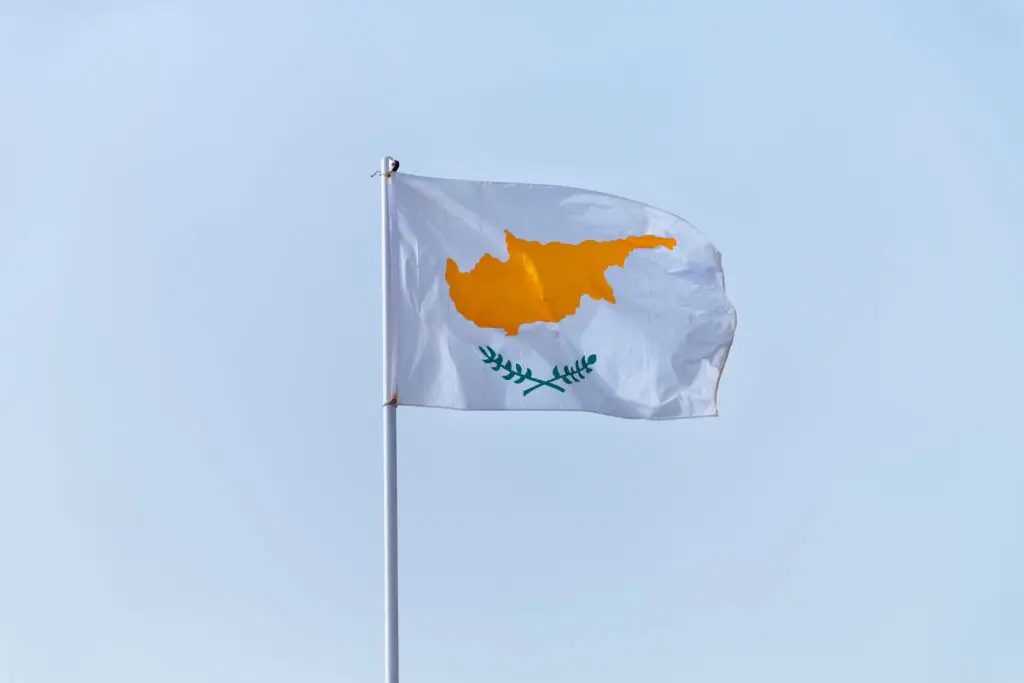NEW DELHI: India and Switzerland have been able to achieve a breakthrough in their deadlock over banking secrecy laws in the European nation that prevented tax authorities from being able to unearth black money, a day-one priority for the Narendra Modi-led NDAgovernment.
The agreement will not only let Indian tax authorities keep tabs on their countrymen who spend large amounts of money in Switzerland but, as part of an accord covering four areas, they can also obtain information about accounts in the socalled ‘HSBC list’ if it can be confirmed that independent investigations are being conducted into them.
“The government of India is taking all necessary steps to access tax-related information from foreign governments,” Finance Minister Arun Jaitley said on Friday, detailing the progress made on this front with Switzerland. “Black money stashed abroad will be brought back.”
India had received the HSBC list of account-holders cited above from France through a bilateral treaty but Switzerland has so far refused to give out any information regarding this, saying that it was based on stolen data. It has been widely reported that the list originated from information stolen by a disgruntled HSBC Geneva employee in 2011.
Agreement Concluded in Bern
“A breakthrough was reached that in cases where there is independent investigation in India and evidence is collected in India, those details in relation to those accounts will be provided even if those accounts are on the HSBC list. So that absolute prohibition which the Swiss have imposed no longer exists,” the finance minister said.
The two sides concluded their agreement in Bern earlier this week. The Indian team was led by revenue secretary Shaktikanta Das and the Swiss side by his counterpart Jacques de Watteville. Switzerland has also agreed to validate the authenticity of bank documents besides banking and non-banking information in a time-bound manner that will make Indian tax investigations robust besides allowing officials to realise levies well in time. Tax authorities were sometimes unable to initiate proceedings and winkle out dues owing to delays in the availability of information. Das declined to give details of non-banking transactions that could be reported.
The European country has also agreed to begin deliberations with India on the automatic exchange of information (AEOI) framework and provide timebound details in pending cases. Switzerland and other tax havens have come under increasing global pressure to ease confidentiality rules as governments seek to pursue those accused of evading taxes as well as criminals and terrorists trying to hide money trails. Several cases initiated by the Indian authorities have been stuck because authorities in the European tax haven have refused to divulge information, citing the banking secrecy laws that have long made it a refuge for those seeking to deposit large amounts of money with few questions asked.
The Narendra Modi government, which set up a special investigation team to probe black money on its first day in office, is giving high priority to tackling unaccounted money and tax evasion through non-intrusive methods. The focus has thus shifted toward getting and using information received from different countries effectively through the use of information technology.
The amount of Indian money parked in Swiss banks rose by more than 40% to Rs 14,000 crore at the end of 2013 from Rs 9,000 crore at the end of 2012, according to Swiss central bank estimates. India itself tracks a number of high-value transactions including investments in mutual funds, property, jewellery purchases and overseas travel though annual information returns as also other means.
The government allows Indians to have bank accounts overseas but any money held there should be tax paid and also disclosed to the local tax authorities. There has been a growing perception over the past few years that several Indians have stashed black money in tax havens taking advantage of secrecy laws.
Under global pressure, Switzerland had agreed to ease its rules on confidentiality in recent years and also signed a revised tax treaty with India in 2011 to facilitate greater flow of information on tax evaders. It has now also agreed to enter into discussions with India on automatic information exchange as per globally accepted models. India is one of the early adopters of the new global information-exchange regime.
Source: The Economic Times, India.





